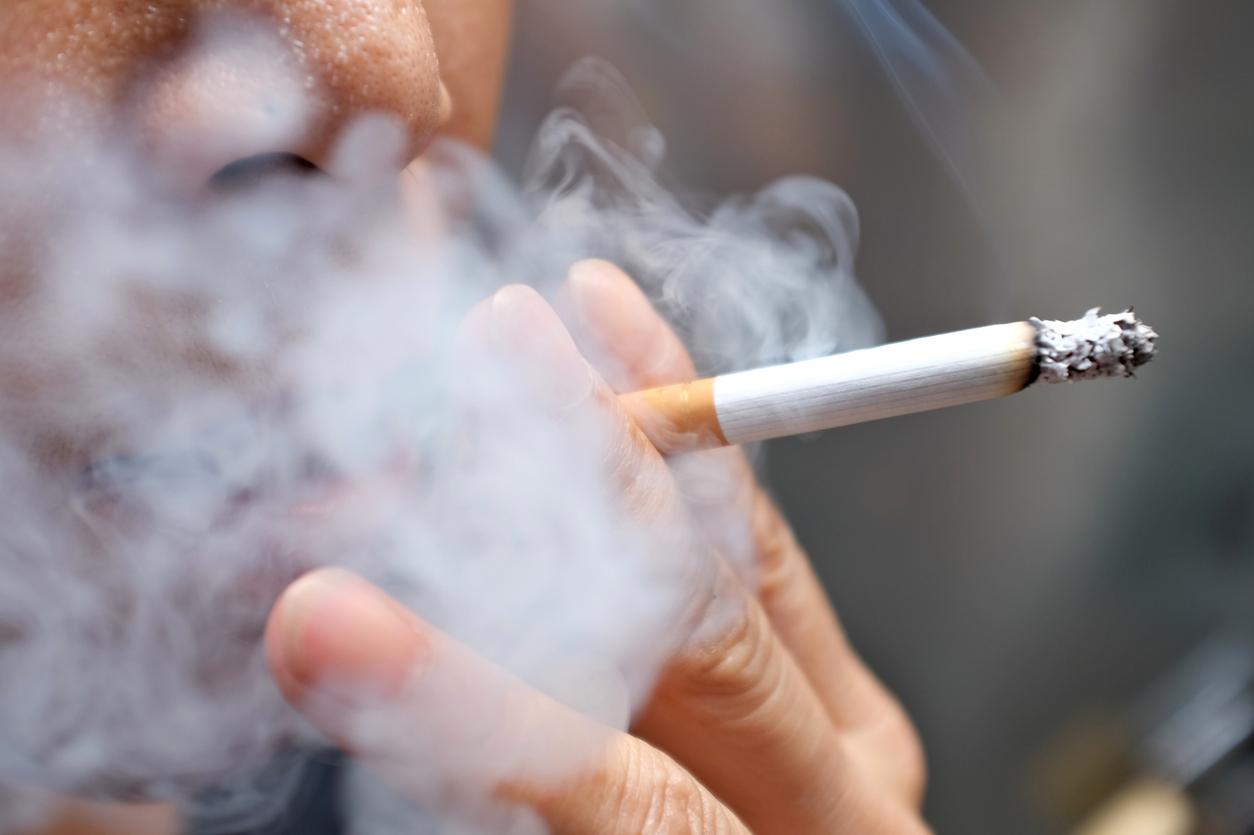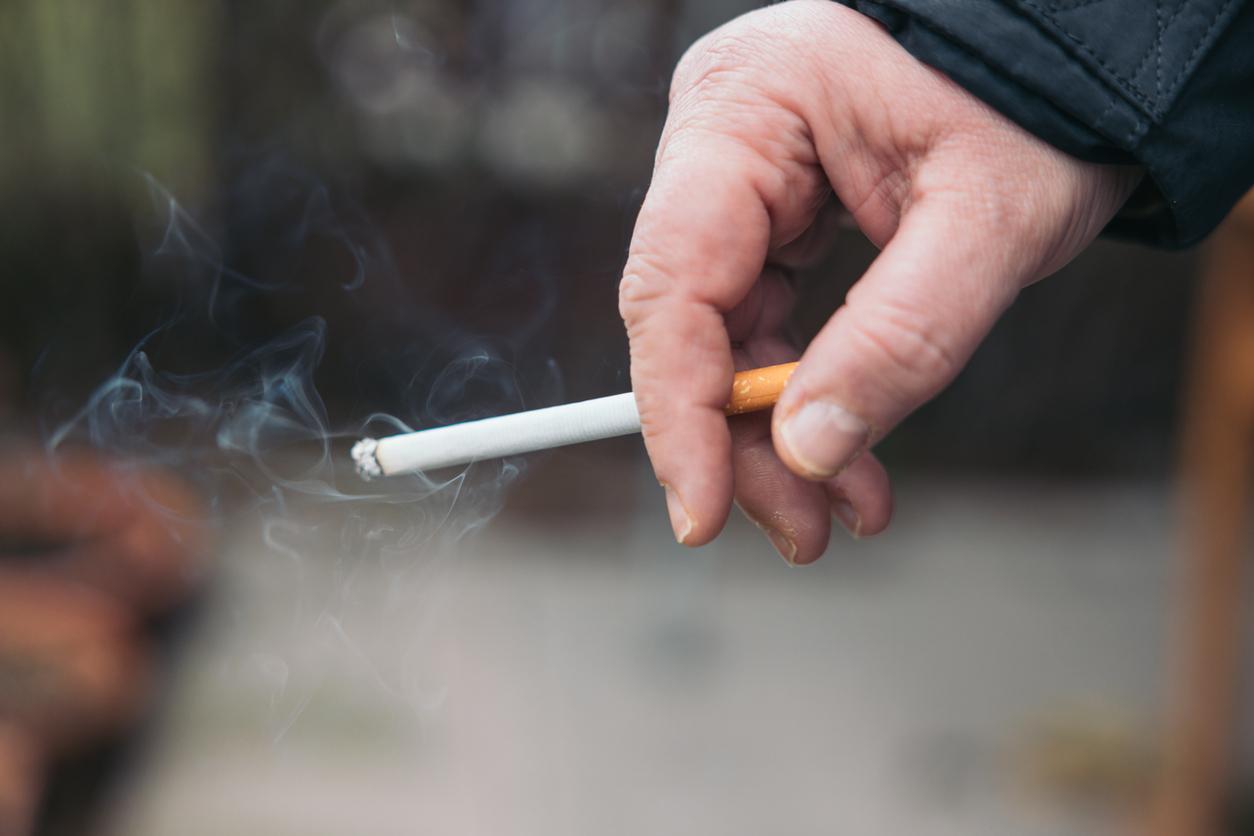The Tobacco Control Committee provides specific examples of the tobacco industry’s interference in politics. Health institutions are also pinned down.

Tobacco control undermined! The National Committee against smoking (Cnct) on Thursday 23 May provided several examples of “interference” by the tobacco industry and tobacconists in political decision-making in France. The Committee denounces in particular the collusion between industrialists and politicians. A strong act a week before World No Tobacco Day 2013, Friday May 31, which has as its theme the ban on tobacco advertising.
The Cnct indeed broadcast yesterday during a press conference many elements supporting these assertions. First of all, the Committee noted “direct and indirect interference” in the political world. Their goals, “to put pressure on the legislator” to counter the fight against tobacco, underlines Figen Ecker, in charge of studies at the Cnct. The author of the survey noted, for example, “invitations to demonstrations for the attention of political leaders, reports and parliamentary initiatives directly guided by industrialists”. Among the latter, Figen Ecker mentions the tabling of bills seeking to ridicule the proposed neutral and standardized cigarette package or to relax advertising bans in the cultural field.
More disturbing still, Roger Lenglet (a journalist who collaborated on this investigation with the Cnct in) mentions the creation of an “exchange club”, the Networking Business Club, combining parliamentary assistants, ministerial advisers and industry lobbyists. tobacco. Created by the TL Conseil cabinet but financed by Seita-Imperial Tobacco, it resulted in the drafting of parliamentary amendments but without respecting the principle of “transparency of interactions”.
Always in this same collusion, the infiltration of the political world would also pass by recruitments. And the authors give names. The Cnct thus cites that of former members of ministerial cabinets relocated to Philip Morris France or British American Tobacco (BAT) as public affairs officials.
In addition, the association also notes another type of infiltration on the part of industrialists, which this time affects health institutions. Roger Lenglet points out in particular the Institute of the brain and the spinal cord (ICM) of Paris of which Altria-Philip Morris International and its Chairman and CEO, Louis Camilleri, are “benefactor members”. These sponsorship operations allow the industry to “highlight under the ICM banner studies on the positive effects of nicotine as protectors against Parkinson’s disease” and to acquire “respectability” by appearing alongside institutional, underlines the journalist.
To counter this interference, the director of the Cnct, Emmanuelle Béguinot, recommends “the adoption of clear and transparent practices”. It therefore calls for limiting relations between public authorities and representatives of the tobacco industry to what is strictly necessary, and for a “refusal of any voluntary partnership” between the public domain and the State with the tobacco industry. But still an absence of direct or indirect support from the State towards this sector of activity, in particular towards tobacconists. The Committee also calls for the dissemination of internal studies carried out by tobacco manufacturers and the adoption of a rigorous policy on conflicts of interest in France “but also at the level of the European institutions”.
.















